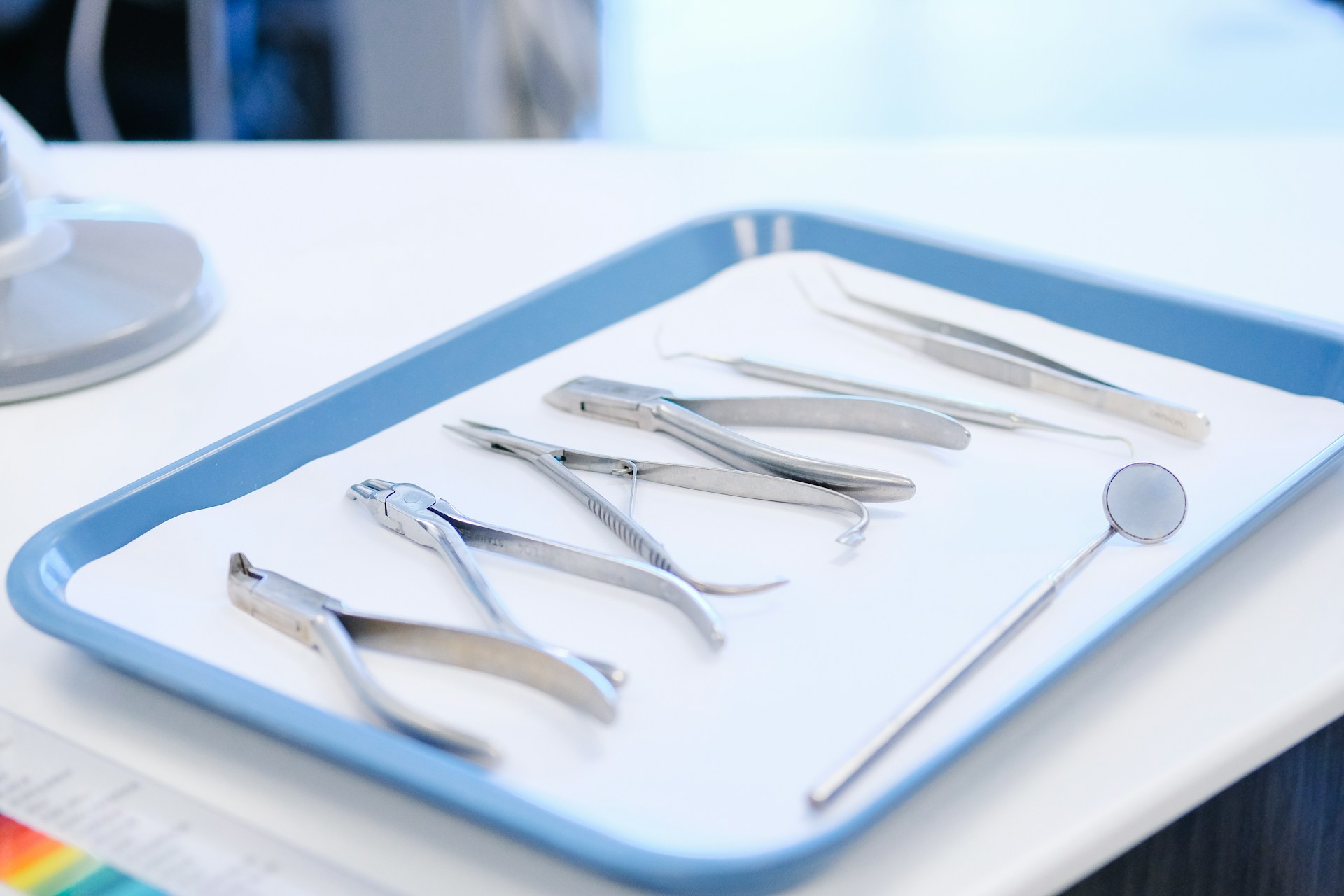Are Dental Implants Painful? Understanding Discomfort and Pain Management.
If you’re considering dental implants, one of your primary concerns might be the pain associated with the procedure. Dental implants are a popular and effective solution for replacing missing teeth, but it’s natural to be curious about the level of discomfort you might experience. This article will explore whether dental implants are painful, what you can expect during and after the procedure, and how to manage pain.
What Are Dental Implants?
Dental implants are titanium posts surgically placed into the jawbone to serve as a base for replacement teeth. They provide a sturdy foundation for crowns, bridges, or dentures, offering a natural-looking and long-lasting solution to missing teeth.
Are Dental Implants Painful?
The idea of oral surgery can be daunting, but the good news is that the pain associated with dental implants is generally manageable. Here’s what you need to know:
1. Anesthesia:
- During the procedure: Dental implant surgery is typically performed under local anesthesia so that you won’t feel any pain during the procedure itself. In some cases, sedation may be used to help you relax.
- Post-procedure discomfort: Once the anesthesia wears off, you might experience some discomfort, including mild pain, swelling, and bruising in the gums and jaw. This is a normal part of the healing process and usually lasts a few days.
2. Pain Management:
- Medication: Your dentist or oral surgeon will likely prescribe pain relievers to manage post-surgery pain. Over-the-counter painkillers like ibuprofen or acetaminophen may also be recommended.
- Cold compresses: Applying cold compresses to your face can help reduce swelling and numb discomfort.
- Soft diet: Sticking to soft foods and avoiding hot or spicy items can help you feel more comfortable while you heal.
3. Healing Period:
- Immediate recovery: Most people find that the initial discomfort subsides within a few days, although the area may take a few weeks to heal fully.
- Long-term recovery: The complete healing process, during which the implant fuses with your jawbone, can take several months. However, this is typically a pain-free process.
Tips for a Smooth Recovery
While some discomfort is to be expected after dental implant surgery, you can take steps to make your recovery smoother:
- Follow your dentist’s instructions: Your dentist will provide detailed instructions for post-operative care. Follow these carefully to minimize discomfort and ensure proper healing.
- Rest: Give your body time to heal by getting plenty of rest and avoiding strenuous activities for a few days.
- Maintain good oral hygiene: Keeping your mouth clean can help prevent infection and promote healing. Follow your dentist’s recommendations for brushing and rinsing.
When to Contact Your Dentist
While mild discomfort is normal after dental implant surgery, contact your dentist if you experience:
- Severe or persistent pain: Pain that doesn’t improve with medication or worsens over time may indicate an issue.
- Signs of infection: Symptoms such as fever, increased swelling, or pus around the implant site should be evaluated promptly.
- Problems with the implant: If the implant feels loose or you notice other issues, contact your dentist.
Conclusion
So, are dental implants painful? The procedure is typically not sore due to anesthesia, and post-surgery discomfort is usually manageable with medication and proper aftercare. Most patients find that the benefits of dental implants far outweigh the temporary pain, enjoying improved oral health and a confident smile for years to come.
If you have concerns about dental implant surgery or recovery, don’t hesitate to contact your dentist for personalized advice and guidance. They can provide specific recommendations based on your unique situation and help ensure a smooth and comfortable experience.
